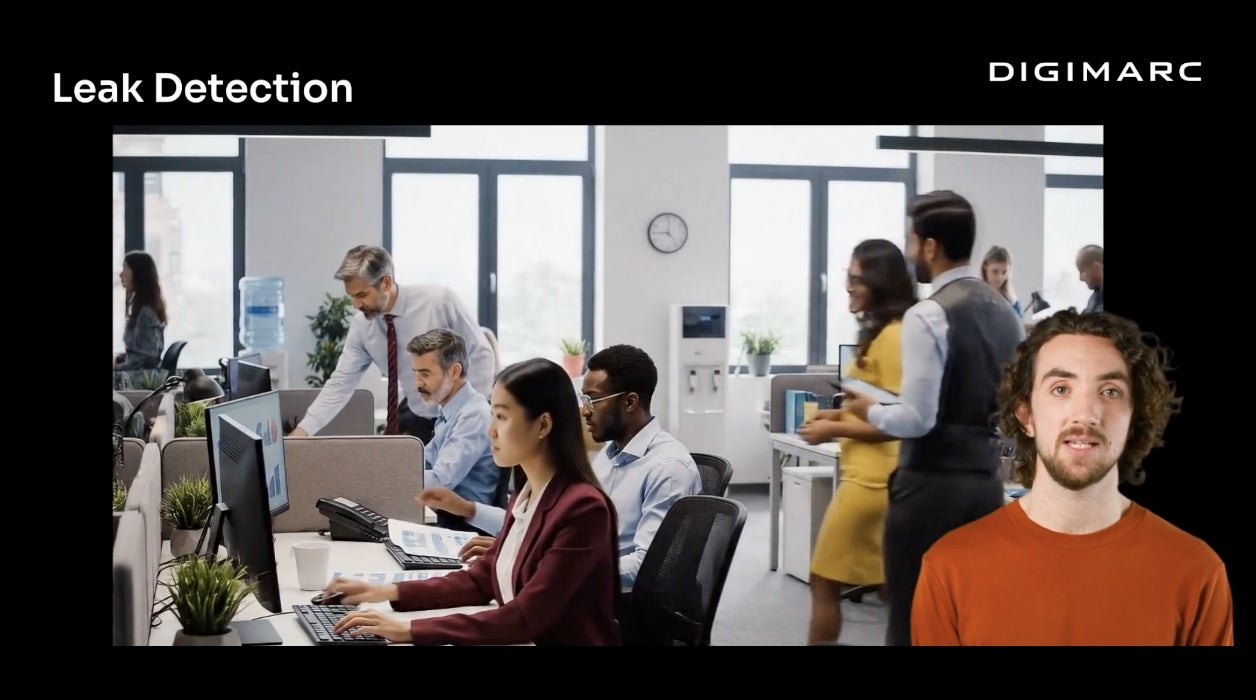November 14, 2022
As environmental crises grow in urgency, so does the vigor of debate about how to solve them. It’s important to welcome good-faith dialogue and a spectrum of perspectives when addressing these challenges.
We saw one of these debates erupt recently on the plastics crisis, and specifically on the efficacy (or lack thereof) of recycling systems. A Greenpeace report portrayed low plastic recycling rates in the U.S. as evidence of a failed system. In response, some industry participants were unyielding in their verdict that recycling is the singular solution. Others acknowledged that recycling is not a panacea and reiterated the importance of collaboration, not accusatory conflict, in finding a way out of the crisis.
Hardly any problem, and certainly none related to environmental sustainability, has a single perfect solution. But in this debate, there are some fundamental principles that most stakeholders can agree on – namely, that to address the problem holistically, it needs to be considered through the lens of the waste management hierarchy.

At Digimarc, we spend a lot of time thinking about how to improve recycling systems and the role those improvements play in enabling a circular economy for plastics. For instance, product digitization, which connects a physical item to a digital twin that contains an unlimited set of product attributes, and digital watermarks are proven to enable better collection and sortation of plastics for recycling.
We view our role in the context of the inverted pyramid above as assisting organizations and partners throughout the plastics recycling value chain. We fully support initiatives to scale reuse models and rethink product packaging to reduce plastics overall. None of these avenues are mutually exclusive, and we are aligned with organizations like The Recycling Partnership, which sees recycling’s role in solving the plastics crisis realistically.
It’s no secret that the current recycling system faces significant challenges. But we also know that improving the collection and sorting infrastructure through product digitization and smart labeling will contribute to improved recycling rates, which remains indispensable to building a circular economy. Focusing on this one critical method to tackle plastic pollution doesn’t mean we think it’s a silver bullet, but disparaging its potential altogether is counterproductive.
This is especially true when stakeholders aren’t speaking the same language or, in this case, the same data. Data quality is always a concern and even agreed-upon industry definitions can be interpreted differently to support competing arguments. So how do we establish the ‘truth’ that we can all work together to improve?
For plastics, there’s an opportunity to let products and their packaging speak for themselves, telling us their stories and sharing real-world data from their journeys. This approach allows us to move away from hypothetical statements and analyses drawing from disparate data sources, and instead view a clear picture of the plastic recycling realities in practice. Innovating towards intelligent packaging is a vital step that will unlock insights to improve the conversations about how to effect systemic change.
The undisputed fact is that all the statistics – no matter their source – tell a story of urgency. The facts tell us that business as usual won’t reach our collective ambitions. We need to move faster on all fronts, including those where the next steps are abundantly clear, such as deploying innovative technologies to achieve higher quality recycling of rigid and flexible plastics. The upcoming negotiations for a UN Global Plastics Treaty promise a unique opportunity to accelerate progress and allow groups like the Business Coalition for a Global Plastics Treaty to demonstrate that constructive collaboration is key.
We all agree that forward progress is needed now. Let’s not back ourselves into a corner by imposing false ‘either/or’ dilemmas. Considering the waste hierarchy once more, the only correct choice is ‘all of the above.’
